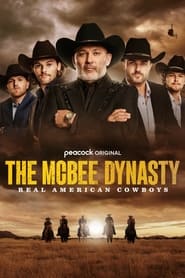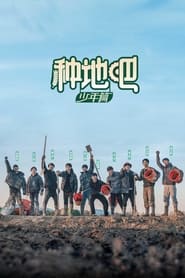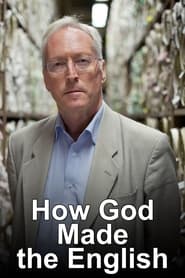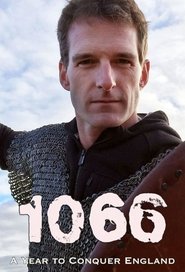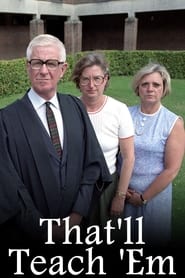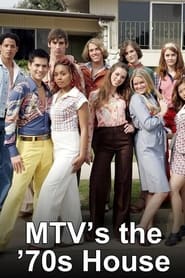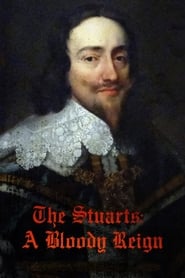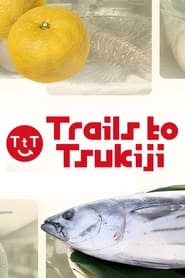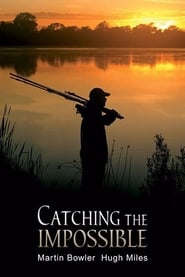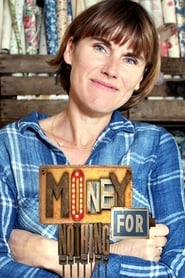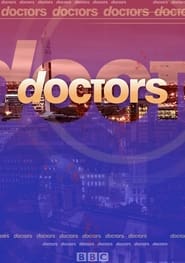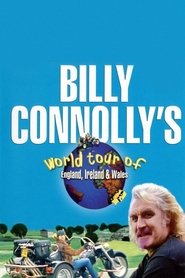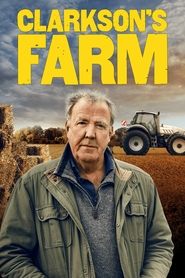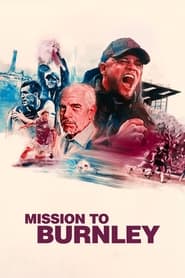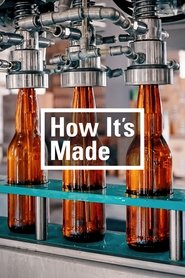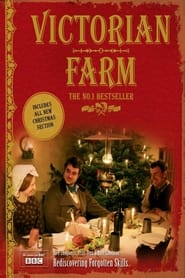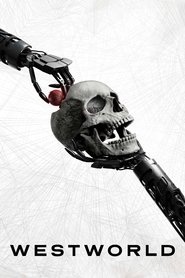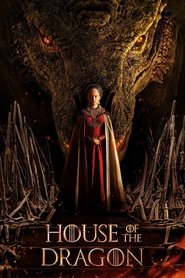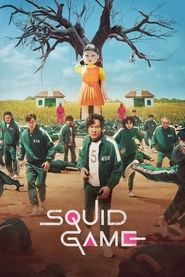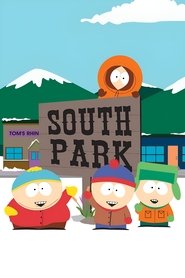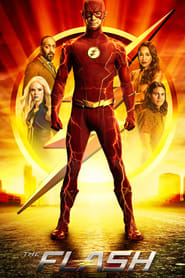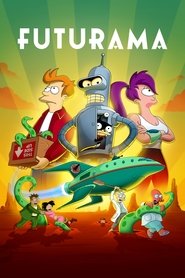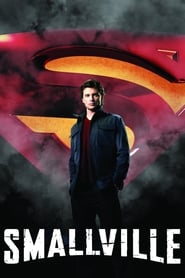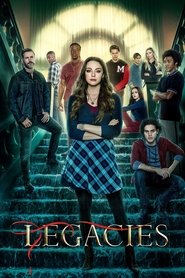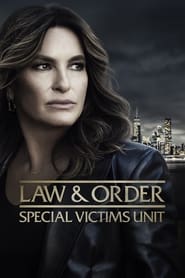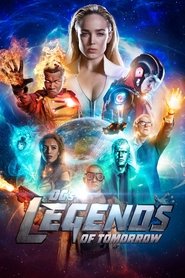Season
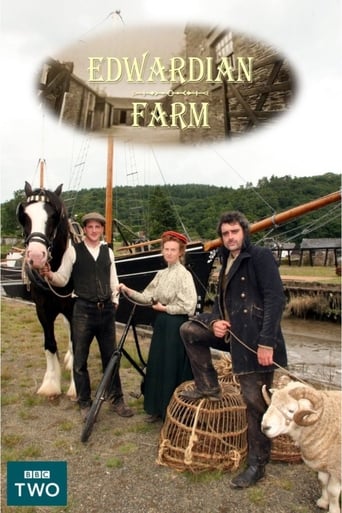
Edwardian Farm - Season 1 Episode 12 August
August brings the climax of the farming year - and the end of 12 months on the Edwardian Farm for archaeologists Alex Langlands and Peter Ginn and historian Ruth Goodman.
The team must harvest their oat crop, but everything depends on the weather. Constant rain is making the job impossible. It is crucial to be able to predict when a dry spell will come so that they can be prepared to swing into action. They investigate ways of forecasting the weather and embark on creating a weather vane. Peter tries his hand at the art of repousse to make a copper cockerel for the vane, and the team heads for the woods to do a traditional charcoal burn in order to smelt iron for the compass points.
When the rain finally clears, the team deploy the latest in Edwardian farming technology for the oat harvest - including a tractor that was then state-of-the art, the 'Moghul'. And the event is captured by an Edwardian film crew - tapping into the very latest in Edwardian fads: the cinema.
To celebrate the end of harvest, the whole town enjoys a grand fete sporting new innovations such as the electric light bulb, the latest threshing machines, the petrol-powered Lister engine and a genuine flying machine.
The Edwardian era ended with an event that changed the countryside forever - the First World War. Michael Morpurgo, author of the play War Horse, comes to the farm to give Alex, Ruth and Peter an insight into the consequences. Although the human cost was dreadful, the growth of mechanization meant many rural areas had labour to spare. But over a million horses were also drafted into service - and only 60,000 came back - paving the way for tractors to finally replace horse-power. Farming would never be the same again.
Last in Series
 Download 4K
Download 4K Download 4K
Download 4K Download HD
Download HD Download SD
Download SD Download SD
Download SD Download SD
Download SD
